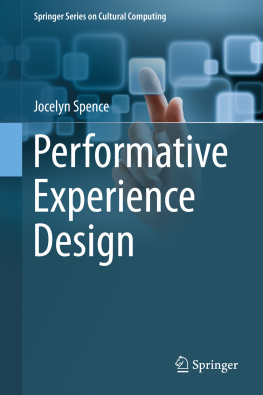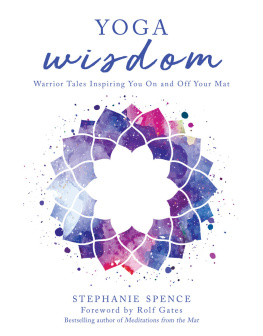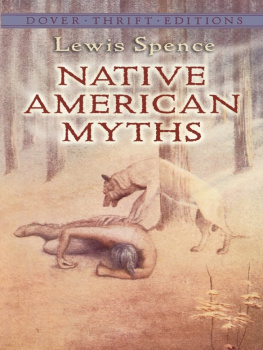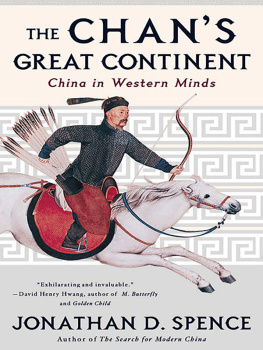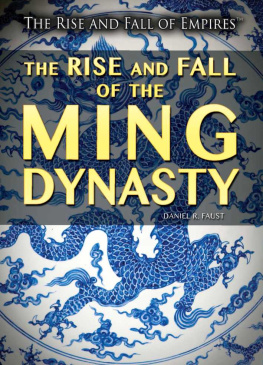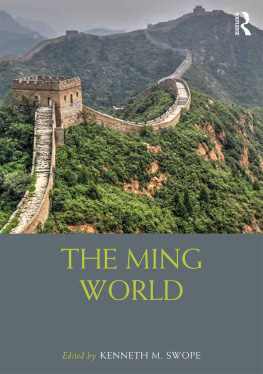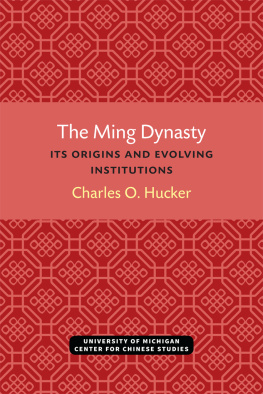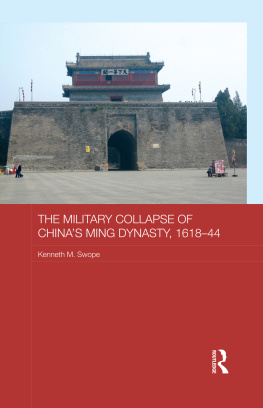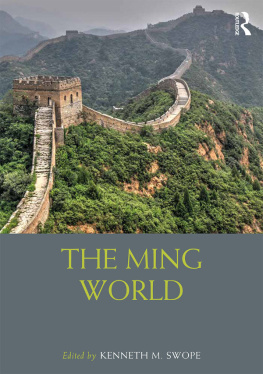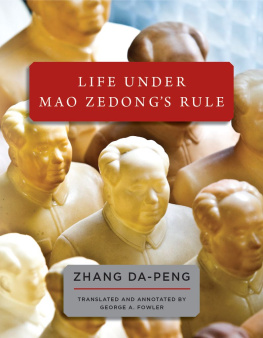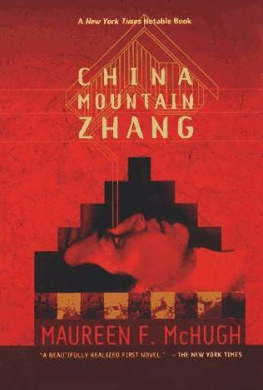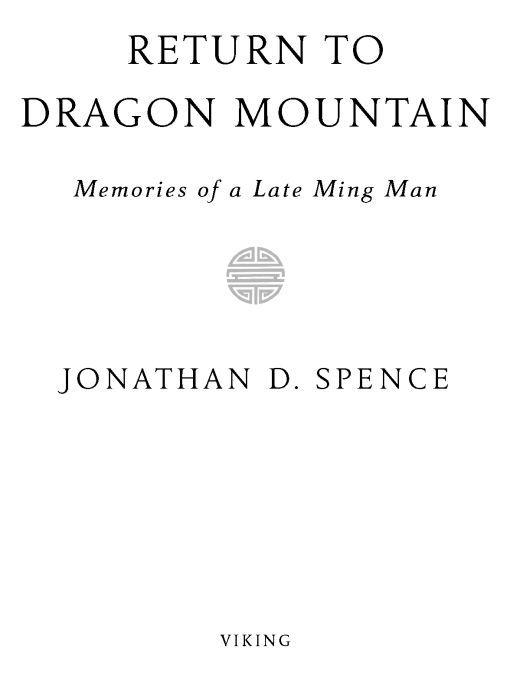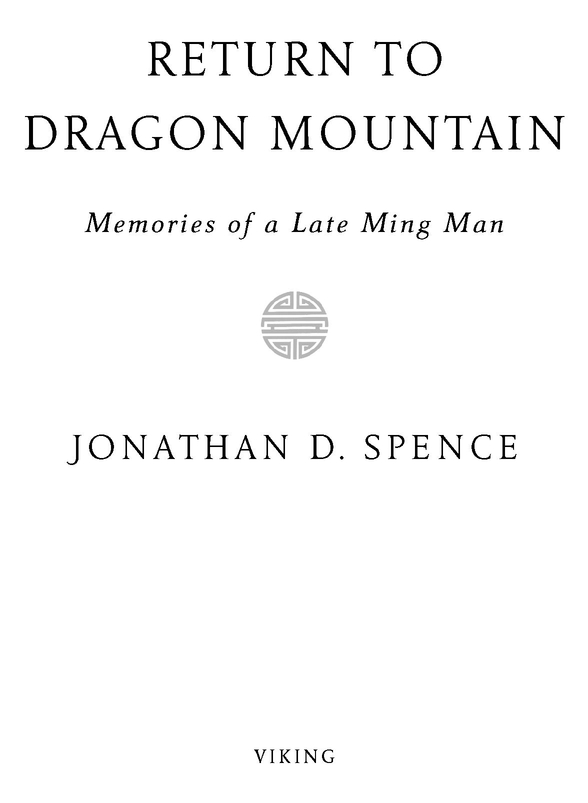Table of Contents
ALSO BY JONATHAN D. SPENCE
Treason by the Book
Mao Zedong
The Chans Great Continent: China in Western Minds
The Chinese Century: A Photographic History of the Last
Hundred Years (coauthor with Annping Chin)
Gods Chinese Son: The Taiping Heavenly Kingdom of Hong Xiuquan
Chinese Roundabout: Essays in History and Culture
The Search for Modern China
The Question of Hu
The Memory Palace of Matteo Ricci
The Gate of Heavenly Peace: The Chinese and
Their Revolution
The Death of Woman Wang
Emperor of China: Self-Portrait of Kang-hsi
To Change China: Western Advisors in China, 1620 -1960
Tsao Yin and the Kang-hsi Emperor: Bondservant and Master
For Annping
ACKNOWLEDGMENTS
When I blithely set off in pursuit of Zhang Dai some six years ago, I had no idea that he would prove to be so elusive and so subtle. And even now, after several years of trying, I still cannot feel that I have penetrated his defenses or grasped the full force of his erudition. Nevertheless, the hunt has been a compelling one, and it is a pleasure to acknowledge the aid of those who helped me to get a better understanding of Zhangs many layers.
Like other readers before me, I was first drawn to Zhang Dai because of the intriguing reputation of a short book of essays he drafted in 1646, titled Taoan mengyi, which can be translated as The Dream Recollections of Taoan. Here I had two crucial guides who helped to prepare me for a reading of the Chinese text. One was Brigitte Teboul-Wang, whose complete annotated translation into French of the Taoan mengyi, under the title Souvenirs rvs de Taoan, had been published in Paris in 1995. The other was Philip Kafalas, who had completed his own intricate and scholarly analysis of the structure and meanings of the Taoan mengyi in that same year, in the form of a PhD for the department of Asian languages at Stanford University, under the title Nostalgia and the Reading of the Late Ming Essay: Zhang Dais Taoan mengyi. In addition to analyzing the Taoan mengyi in depth, Kafalass study contained numerous extended translations from the same work. Some subsequent searching led me to other scholars who had published their own translations of selected essays from the same Zhang Dai volume, most notably Martin Huang, Victor Mair, Stephen Owen, David Pollard, Richard Strassberg and Ye Yang. The cumulative sense I got from these various translations was that though translating Zhang was clearly intensely difficult, it was also deeply rewarding, and that one might be able to use the Taoan mengyi to some extent as a jumping off point for a reflection on Zhangs life as a whole, and as an entry point into the broad expanse of Zhangs other writings that did not appear to have received anything like the same critical attention. As of this writing, though several biographical studies of Zhang have been published in China recently, and are listed in the bibliography, there still does not seem to have been any extended study in English, with the exception of Philip Kafalass revised and expanded version of his dissertation, published in the spring of 2007 with the title In Limpid Dream: Nostalgia and Zhang Dais Reminiscences of the Ming (EastBridge).
In addition to those scholars mentioned above, many other people have helped me in my attempts to understand Zhang. In the spring of 2005 John Delury helped orchestrate my visit to Shaoxing, Zhangs original hometown, so that I was able to walk the shaded paths on Dragon Mountain, take a night boat trip along the narrow streams that still meander through the old parts of the town, and tour the rugged hills to the southwest of the city, where Zhang Dai hid out in 1646. John also introduced me to She Deyu, professor in the College of Humanities at Shaoxing University, and the author of a recent study of Zhang Dais family. Professor She in turn gave me helpful leads to some rare manuscripts and printed materials on Zhang that were held in the Shaoxing rare book library; and the staff there echoed his generosity by letting me have photocopies of several choice items.
At Yales Sterling Memorial Library, Sarah Elman and Tao Yang were especially helpful, tracking down the various editions of the newly available Stone Casket History, and obtaining copies or microfilms of rare materials from the Library of Congress, Princeton, Harvard and Columbia. They also helped in locating materials on the Jesuit priest Matteo Ricci written by Zhang Dais grandfather Zhang Rulin, a process speeded thanks to the generous sharing of information by professors Hsu Kuang-tai and Ad Dudink. Antony Marr, previous curator of Yales Chinese collection, helped with countless leads to Chinese historical journals and newspapers that carried materials on Zhang. Andrew Wylie and my editor Carolyn Carlson were enthusiastic supporters. Mei Chin kindly read and commented on slices of my drafts, and helped me with computer searches. Pamela Carney battled with her own heavy workload and schedules to type the whole of the final recensions of the manuscript.
I also benefited greatly from the help of several students at Yales graduate school and law school and at Yale College who worked with me at different times as research assistants. Foremost among them were Dong Xin, Huang Hongyu, Liu Shi-yee and Zhang Taisu, who generously shared their language skills and scholarship, both by translating extensive passages for me, and by helping to check my own or others translations. At an earlier stage of exploration, I also benefited from the help of Yeewan Koon, Anastasia Liu, Xin Ma and Danni Wang. In tracking paintings by Zhang Dais friend Chen Hongshou, I received crucial help from the accomplished art collector Weng Wan-go, who also granted me the rights to use the haunting painting by Chen that graces the books jacket.
Another group of those who helped me must remain in part anonymous, since they were members of the audiences at various universities where I was invited to give talks on Zhang Dai and his times, as my work slowly progressed. Especially helpful were those who commented on my first attempts to share my thoughts on Zhang at the Radcliffe Institute for Advanced Study at Harvard, and subsequently at the University of California, Berkeley. But many other audiences also helped me think things through in new ways, including those at the University of San Diego, Notre Dame, East Carolina University, the University of Wisconsin in Madison, the University of Connecticut in Storrs, the University of Michigan and Peking University. I also presented some of my emerging thoughts on Zhang Dai and his family in the form of the presidential address to the American Historical Association, delivered in January 2005 in Seattle.
Throughout this entire project Annping Chin has been my companion and my instructor, trying to steer me clear of the worst pitfalls and to show me when and how Zhang was using the past in his own special and personal ways. I tried not to ruin her own research with my petty laments, but I know that at regular intervals I asked too much of her. Despite that, she seems to have kept the faith that something might come out of it all. If something has, it is due to her, and so it is to her that this book is dedicated.
March 9, 2007


